After we final visited the topic of girls espresso farmers for a tasting report in 2017, we explored the panorama of gender (in)fairness by means of the lens of roasters who had bought coffees produced by girls — as farm homeowners, farmers within the discipline, as a part of cooperatives, and as collectives pulled collectively by intention or by destiny. It’s nonetheless the case that, whereas girls personal between 20 and 30 p.c of espresso farms on the planet, and carry out an estimated 70 p.c of the labor required for espresso manufacturing at numerous factors alongside the availability chain (Worldwide Espresso Group), they’ve a lot much less entry than males to useful resource methods wanted to maintain these companies and/or their livelihoods, resembling the power to buy or lease land, monetary help resembling loans, informational and academic assets, and the childcare typically required to do their work. That is true even though girls comprise 43 p.c of the worldwide agricultural labor power (Meals and Agriculture Group of the United Nations).
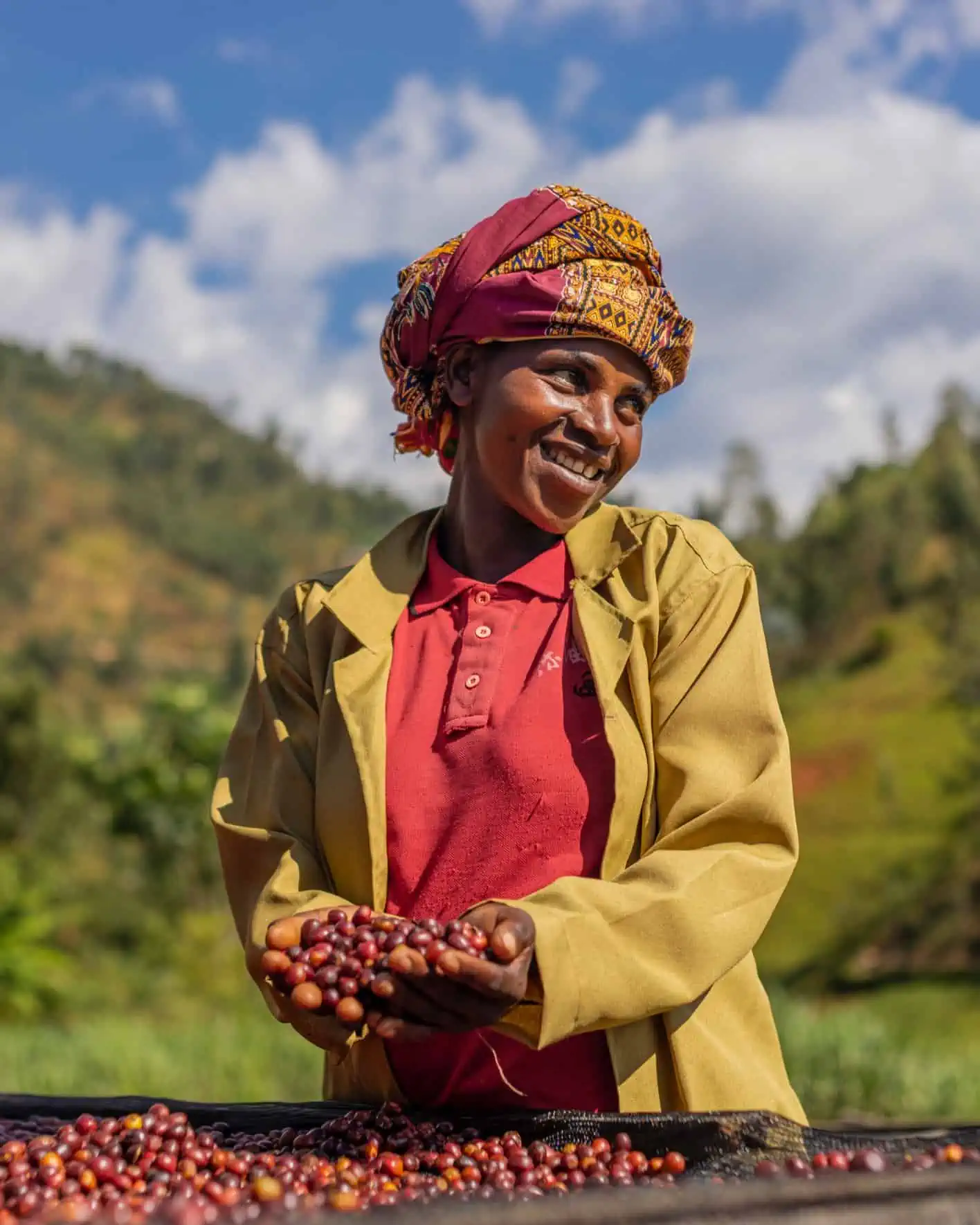
Sorting cherries at Rwanda’s Gasharu Washing Station. Courtesy of Cafecita.
Admittedly, it’s a little bit of a assemble to name out girls producers, particularly, as many arms are concerned within the manufacturing of any espresso, from seed to cup, because the saying goes. However highlighting the tales of girls farmers is a window into the bigger socio-political narrative and, as such, an avenue for change-making of varied sorts.
This month, we requested roasters to submit coffees from women-owned farms, girls’s cooperatives and microlots farmed by girls in an effort to amplify the tales of their distinctive coffees and name consideration to the varied methods girls are succeeding within the espresso trade, regardless of many obstacles.
We acquired 45 samples, which ranged in rating from 80 to 96, and we evaluate the ten highest-scoring coffees right here, from the wide-ranging origins of Hawai’i, Indonesia, Panama, Guatemala, Ethiopia, Mexico, Burundi, Rwanda and Taiwan. This international span itself demonstrates that there’s a lot thrilling work being finished by girls in espresso the world over.
Three High-Scoring Coffees
Coffees from the Huge Island of Hawai’i, Sumatra and Panama earned the very best scores in our cupping, at 96, 95 and 94, respectively. Two are from women-owned farms, and one is from a collective.
Lorie Obra and her staff at Rusty’s Hawaiian grew, processed and roasted the Grand Champion Crimson Bourbon Pure we rated 96 for its delicately fruit-forward, richly fragrant profile. From the Ka’u rising area lesser recognized than Kona on the Huge Island of Hawai’i, this Crimson Bourbon is tropical, juicy and plushly syrupy, and it’s fantastically consultant of what the area, lengthy in Kona’s shadow, is able to.
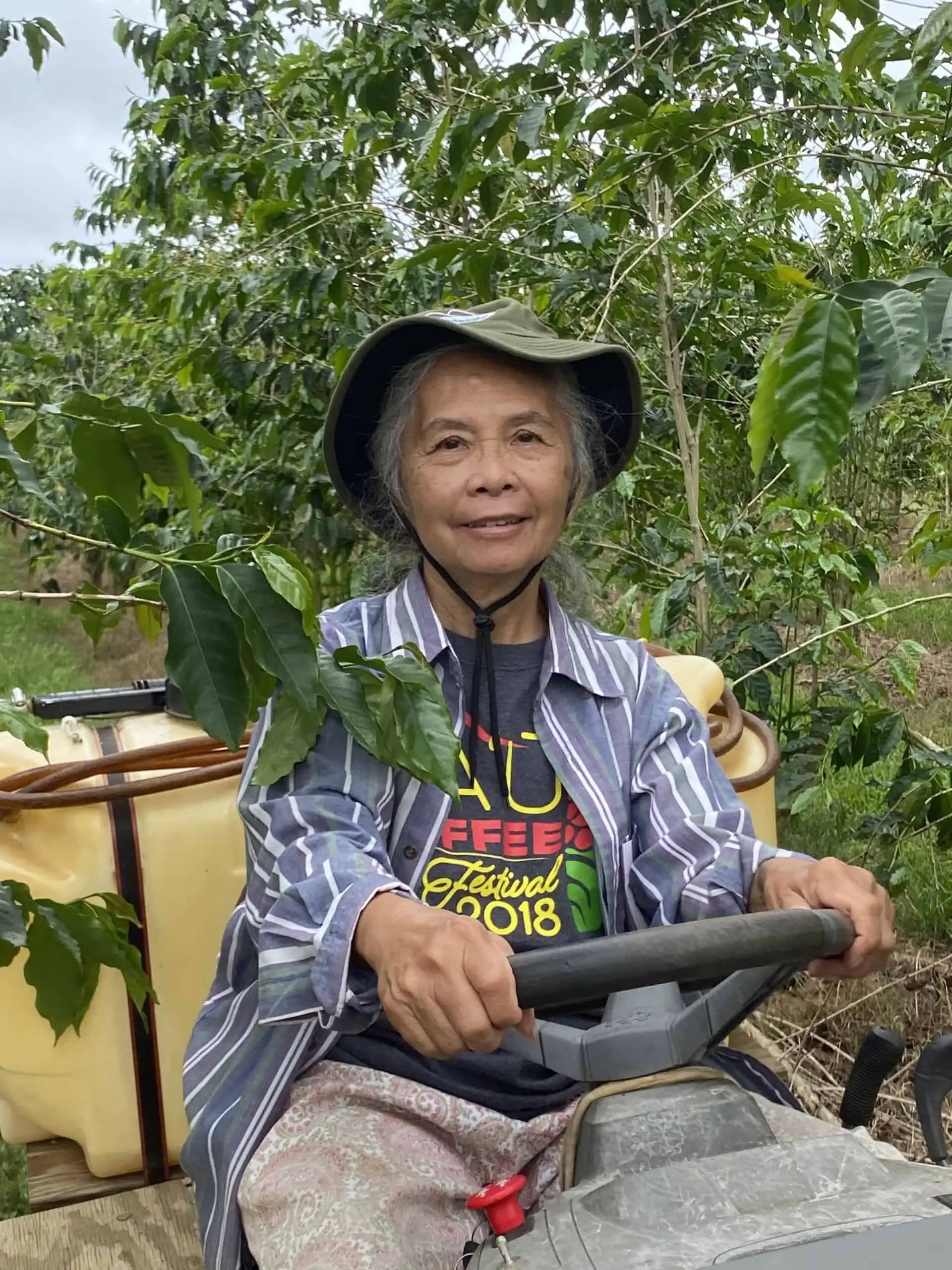
Lorie Obra of Rusty’s Hawaiian, a pioneer within the espresso trade. Courtesy of Rusty’s.
Obra, who based the enterprise along with her late husband, Rusty, says she confronted many challenges after Rusty’s dying in 2006, not the least of which was pursuing the dream of placing Ka’u — a sugar plantation city — on the map for espresso. Since then, her coffees have been featured on the world stage at each the World Barista Championships and the World Brewers Championships, and her revolutionary processing strategies are extremely regarded by producers, inexperienced patrons and roasters. At 71, Obra has no plans to retire. She’s in it for the lengthy haul, together with the present challenges of managing leaf rust and occasional berry borer, neither of which was part of her work till just lately.
Speckled Ax in Portland, Maine, despatched in a Sumatra Lintong Kardon (95) that impressed us with its basic profile — richly earthy, sweetly spice-toned — elevated by distinct notes of graphite, pink peppercorn and guava. Much more compelling is that this espresso’s story. It was produced by a gaggle of 200 widows within the Lintong area who’ve needed to study the espresso enterprise as their husbands have handed away over time. Supported by a husband-and-wife staff who go by Kardon and Yulinda, these girls farmers obtain coaching in agriculture and occasional processing. This explicit pattern is among the greatest Sumatras we’ve tasted all 12 months.
GK Espresso in Yilan, Taiwan, despatched us a washed Panama Finca Don Julian, one other basic profile with its brightly candy, floral-toned cup. We obtained notes of narcissus, pink grapefruit and bay leaf on this stone fruit-driven cup. Proprietor Heakyung Kang Burneskis purchased the farm in 1998 along with her husband on a whim. Each docs, they discovered the farm whereas touring in Panama and fell in love with its many timber. Burneskis says she feared that one other purchaser would are available in and minimize down all of the timber, in order that they jumped on the probability to begin a espresso farm. After her husband’s dying, she has continued the legacy of manufacturing world-class coffees, lots of which have gained Better of Panama awards over the previous twenty years. Roaster Gary Liao buys coffees from this farm every time they’re accessible and, as a long-term accomplice, helps Burneskis’ farm and, by extension, her work in conservation.
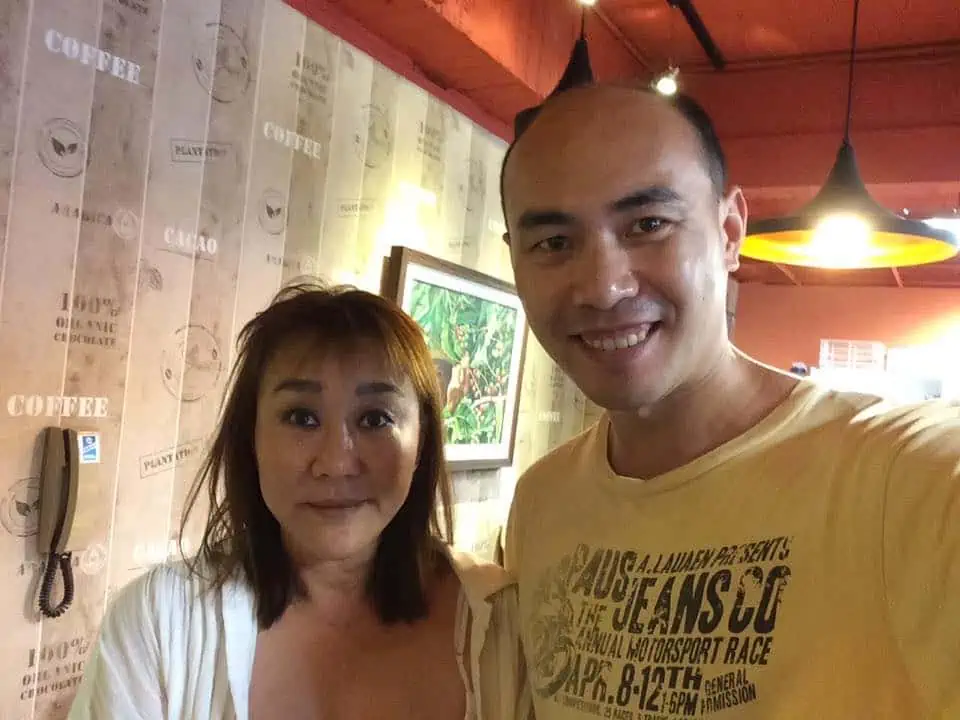
Heakyung Kang Burneskis of Panama’s Finca Don Julian with roaster Gary Liao of GK Espresso. Courtesy of GK Espresso.
We didn’t set out searching for any explicit theme however discover it attention-grabbing that our top-scoring coffees are every merchandise of those girls’s capability to increase their abilities due to the shared circumstance of dropping the lads of their lives with whom they’d additionally partnered in work. These are the sorts of success tales we maintain up as exemplars within the context of the various conversations happening about gender fairness in espresso right this moment.
A Guatemala, a Taiwan and an Ethiopia at 93
Our world tour of women-produced coffees continues with three coffees we rated at 93.
Barth Anderson of Barrington Espresso Roasting Firm in Lee, Massachusetts, has been shopping for Paty Perez’ espresso since 2013, and that is the fourth 12 months he’s provided this explicit lot, from what Perez calls the “parte alta” or greater elevation of Finca Diamante in Agua Dulce, Huehuetenango, Guatemala. It makes for a boldly structured, richly chocolaty cup with undertones of tart, pomegranate-like fruit and dusky oregano.
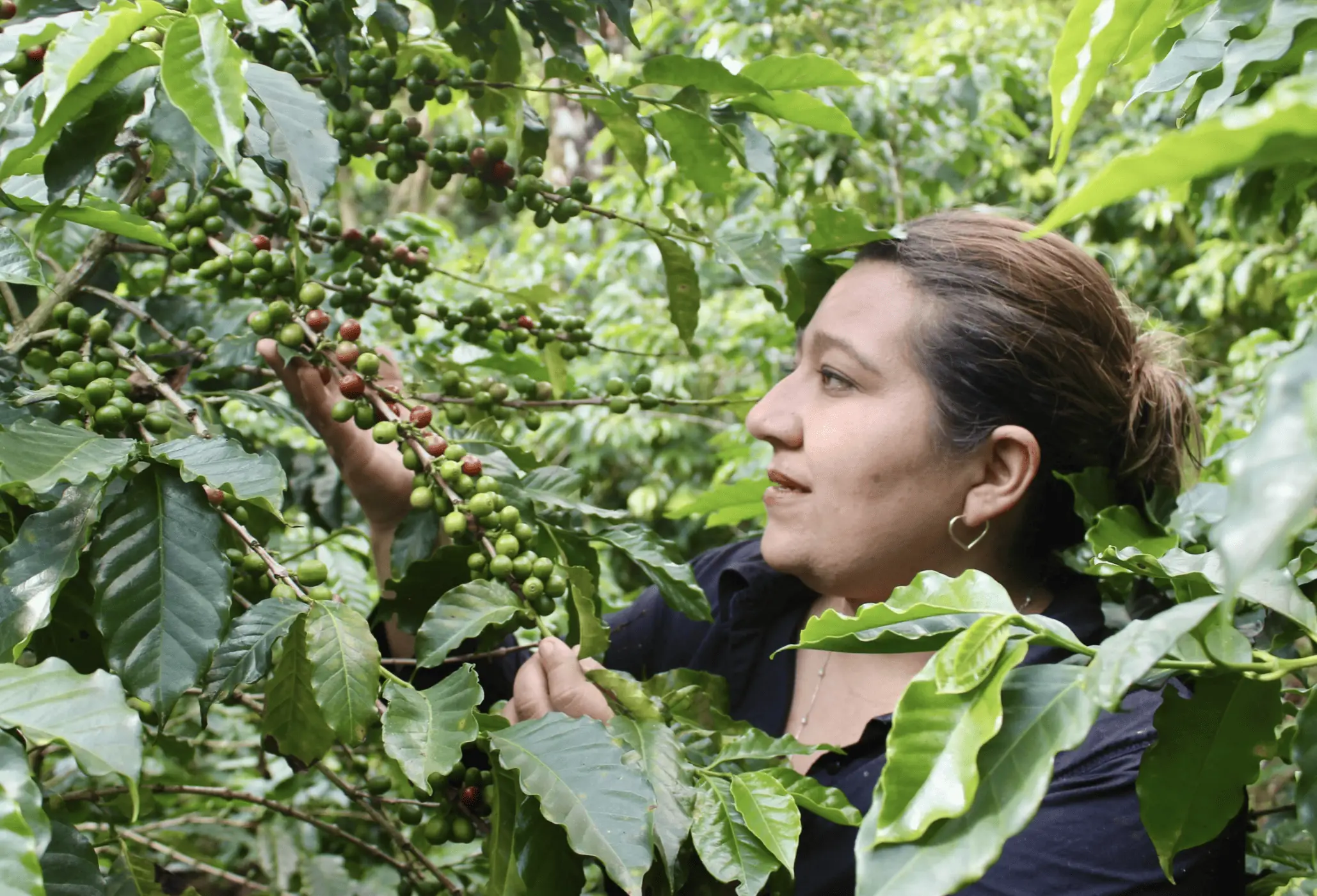
Guatemala espresso farmer Paty Perez, who produced Barrington’s Diamante Perez, which we evaluate this month.
On the opposite facet of the globe, in Nantou County, Taiwan is YuChin Kao’s Kanon Property, the place Kao grows, amongst different sorts of Arabica, the SL34 pure that Caesar Tu of Kakalove Café (additionally Taiwan-based) submitted for this report. It’s a fancy, richly sweet-savory espresso with notes of salted caramel, tamarind, hazelnut, freesia and inexperienced peppercorn, evocative of the SL34 cup as produced within the selection’s residence territory of Kenya however with an umami undercurrent that is likely to be as a consequence of a unique terroir in Taiwan. The identify of her property, Kanon, combines the names of Kao’s two grandmothers. Whereas Kao studied social work, she is now operating the farm with help from her household. Her aim is to in the end mix each pursuits and educate youth in the neighborhood in regards to the espresso trade, in addition to provide jobs to folks with disabilities.
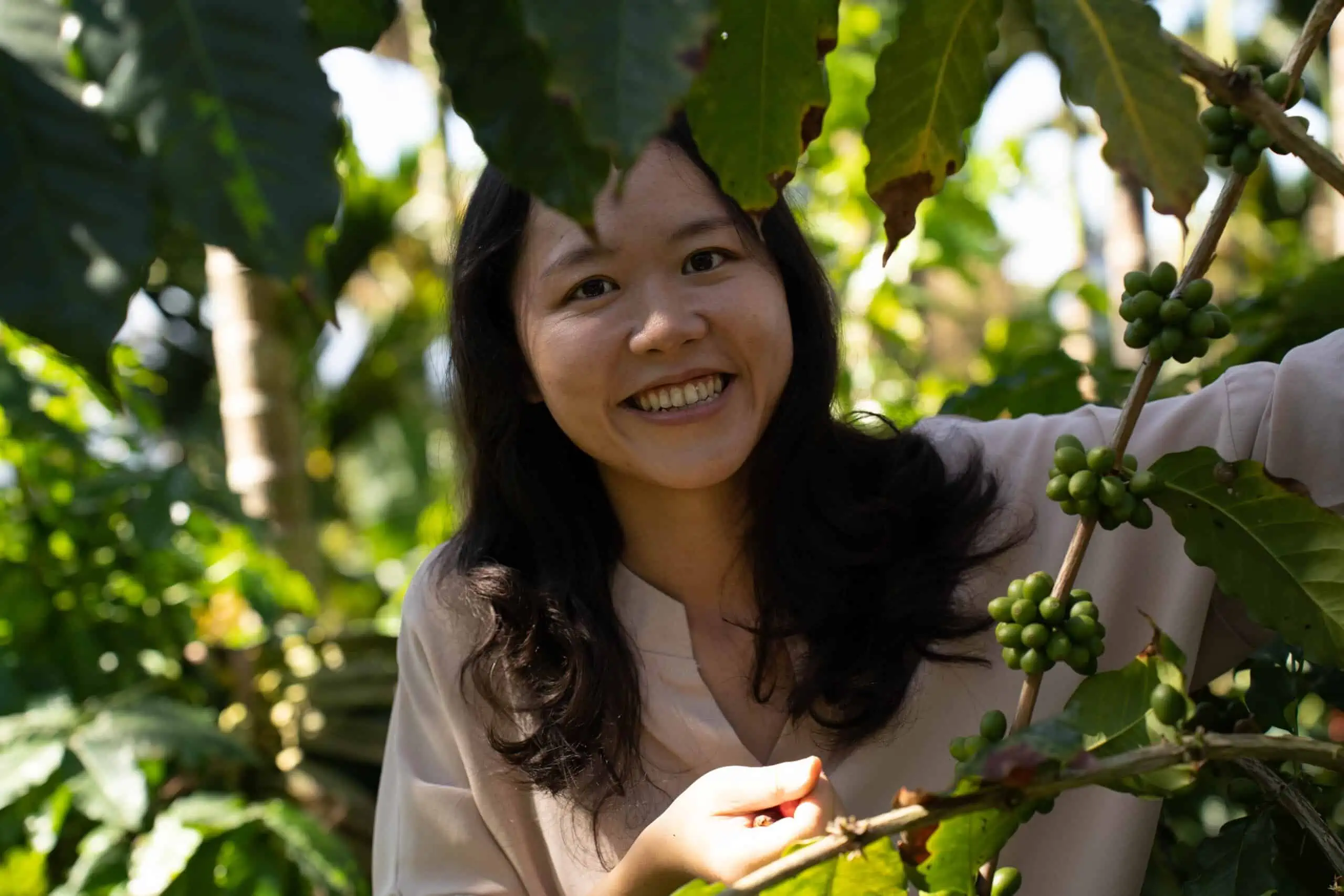
YuChin Kao of Kanon Property. Courtesy of Kanon Property.
One other roaster in Taiwan, Tom Chuang of Small Eyes Café, submitted an Ethiopia Gediyo Yirgacheffe Wegida Ama Dedication Burtukan Wako Pure G1 espresso that’s hanging for its floral depth and myrrh-like undertones together with vivid nectarine notes. This espresso is the product of importer Linking Espresso’s relationship with Wubit Bekele, the founding father of Ephtah Specialty Espresso, whose “Ama Dedication” program is directing a share of proceeds to help girls farmers. This explicit Yirgacheffe was farmed by Burtukan Wako, who inherited her husband’s land when he died in 2003.
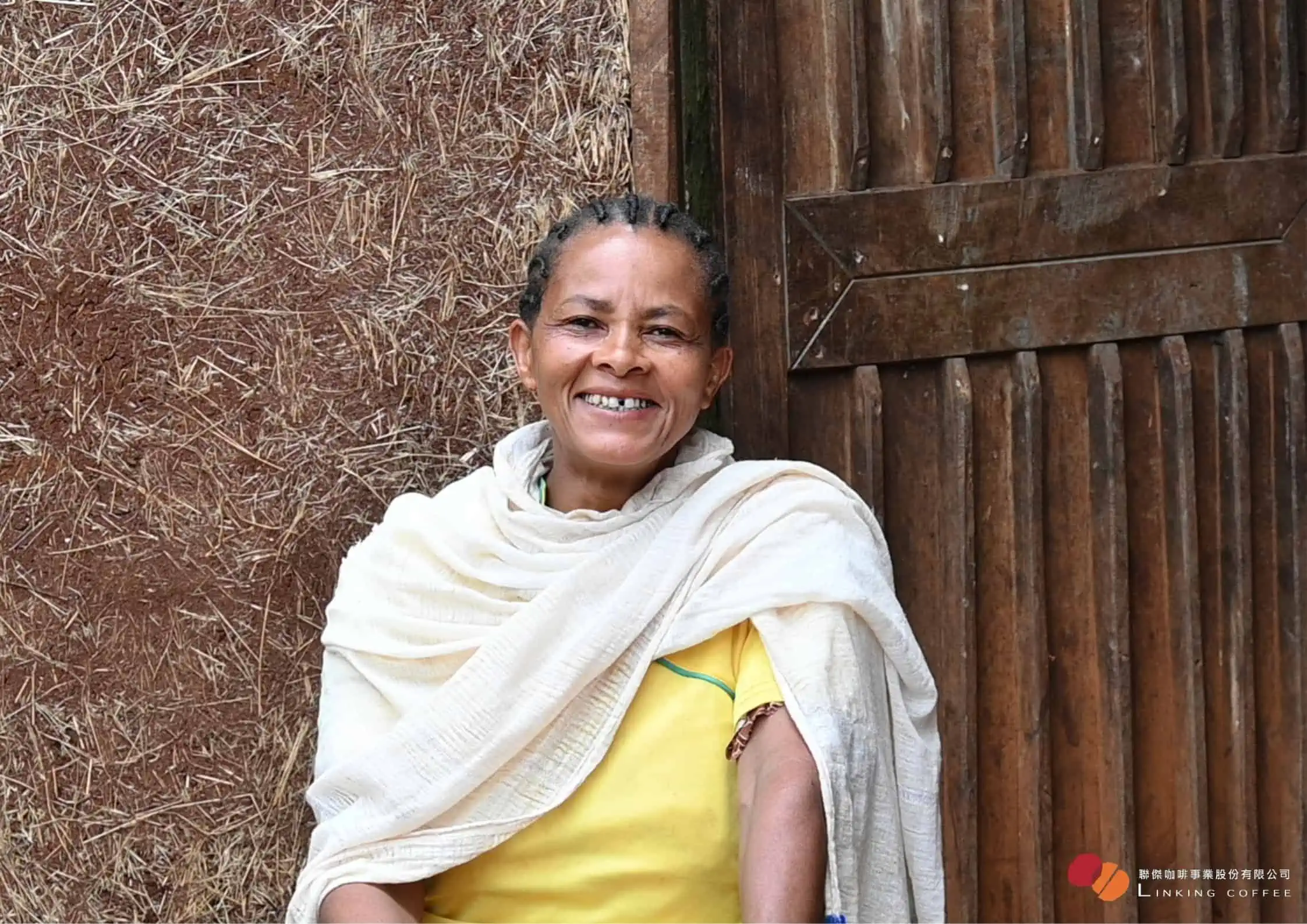
Yirgacheffe, Ethiopia espresso producer Burtukan Wako. Courtesy of Small Eyes Cafe.
Three Extra From Africa, and a Mexico
It’s not stunning that coffees from Africa fared properly on this report, however it’s particularly heartening that the continent was so well-represented when it comes to high quality throughout many nations in our cupping. A Burundi, a Rwanda and one other Ethiopia all made the top-scoring 10, together with a darker-roasted espresso from Mexico.
Equator Espresso’s Burundi Girls of Turihamwe (92) is a berry-driven, spice-toned Burundi Bourbon (assume mulberry, clove, ginger blossom) produced by a small investor group of seven girls referred to as Turihamwe Turashobora, based in 2019 when the ladies pooled their assets to construct a moist mill. It’s distributed by Burundi’s champion of girls espresso farmers, Jeanine Niyonzima-Aroian, whose JNP Espresso has, for greater than a decade, been dedicated to the mission of empowering girls espresso farmers, who nonetheless lack full property possession rights or equal entry to training. JNP Espresso has additionally bought many of the espresso grown by members of the Burundi chapter of the Worldwide Girls’s Espresso Alliance (IWCA) and supported different organizations that educate girls monetary literacy and management abilities.
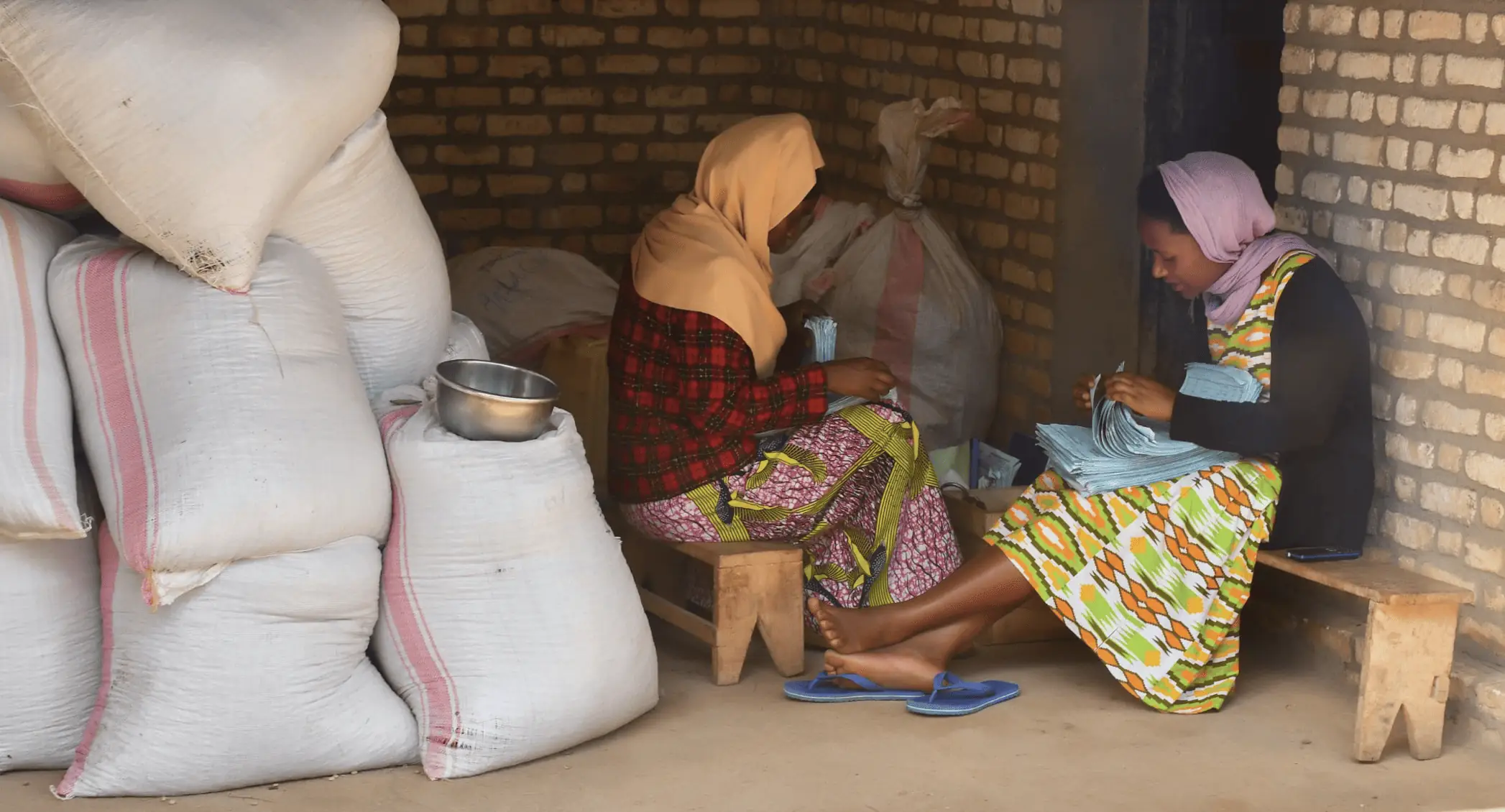
Working on the Turihamwe moist mill in Ngozi, Burundi. Courtesy of JNP Espresso.
A standard mannequin of espresso farming in Africa and different producing nations is to mix the crops of smallholding farmers round a centralized washing station, and Wonderstate Espresso’s Ethiopia Idido Tiluse Honey Course of (92) is simply such a espresso. On this case, the girl on the helm is Tiluse Washing Station proprietor Hirut Gute, who collaborated with Snap Specialty Espresso for this microlot, which is deep-toned and sweetly citrusy, with notes of pomelo, cantaloupe and cocoa nib.
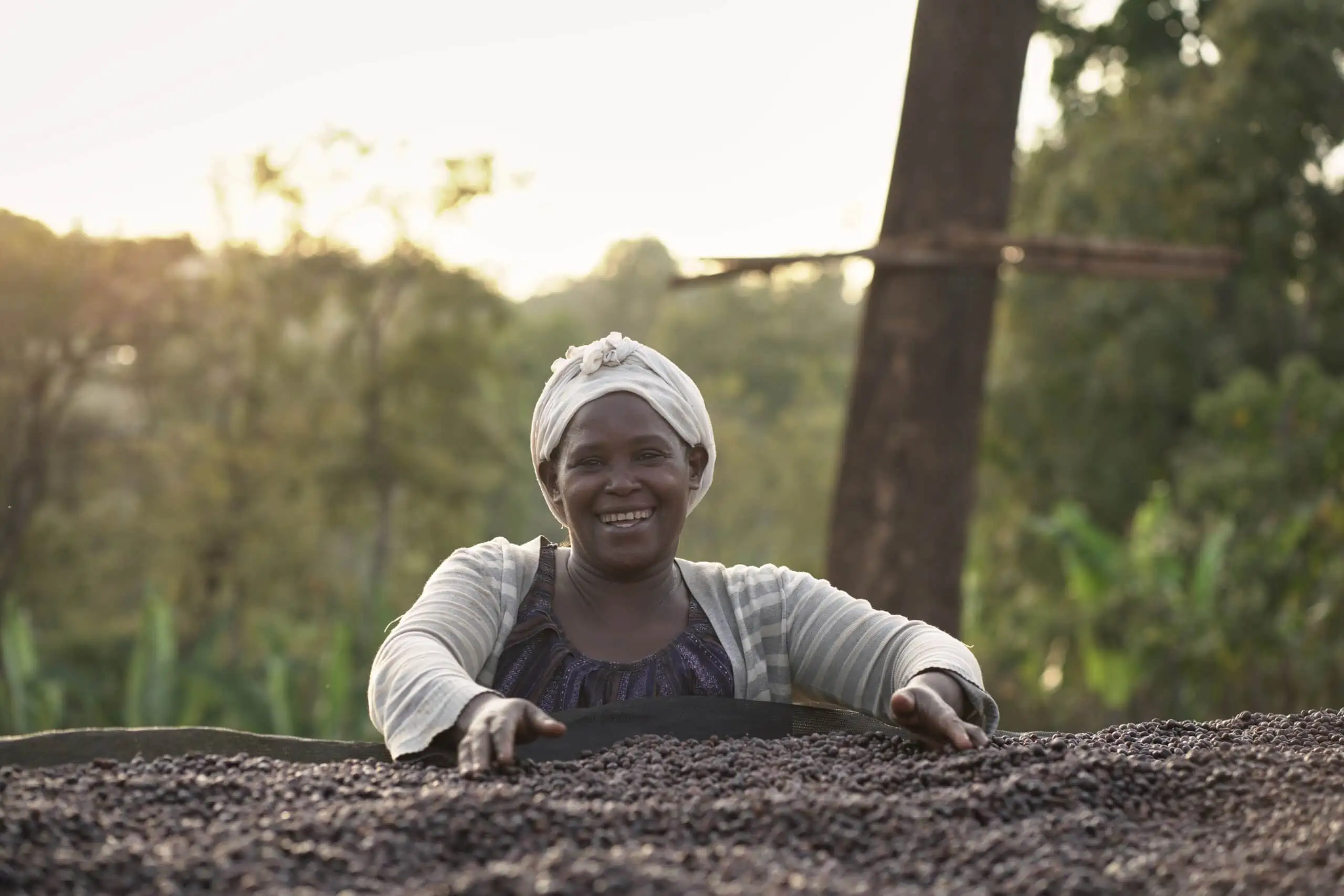
Hirut Gute turning coffees on the Tiluse Washing Station in Yirgacheffe, Ethiopia. Courtesy of Wonderstate.
Rwanda is broadly admired within the espresso trade for its distinctive coffees from devoted small producers organized round cooperative or personal washing stations. Queen’s Crown Rwanda (91) was submitted by Los Angeles-based Cafecita, a women-owned roasting firm whose enterprise mannequin is centered round sourcing solely coffees from women-led farms and cooperatives. This microlot is produced by smallholding girls farmers surrounding the Gasharu Washing Station.
And at last, now we have San Diego-based Nostalgia Espresso’s Glory Days (92), which is a single-origin Mexico from Veracruz with notes of darkish chocolate, dried cherry, cashew, gently scorched cedar, and gardenia, fastidiously roasted to medium-dark. Founder Taylor Fields sourced this espresso from Lady Energy Zongolica Farm, a collective of 20 girls producers. She provides that as a result of her roastery is simply half-hour from the border crossing into Mexico, it’s necessary to her to create deep ties with this shut geographical neighbor, particularly provided that espresso from Mexico has been largely ignored within the specialty world till just lately. The cherry on high is Nostalgia’s core mission, which as a homosexual woman-founded firm is to help a systemic shift to a extra equitable, inclusive, sustainable and numerous espresso trade.
Supporting Girls Espresso Producers
We realized lots within the means of discovering glorious women-farmed coffees to advocate to you this month, and much more compelling than what we discovered within the cup are the tales behind every uniquely fantastic espresso — the labor, the creativity, the resilience and the ability that made all of them potential.

